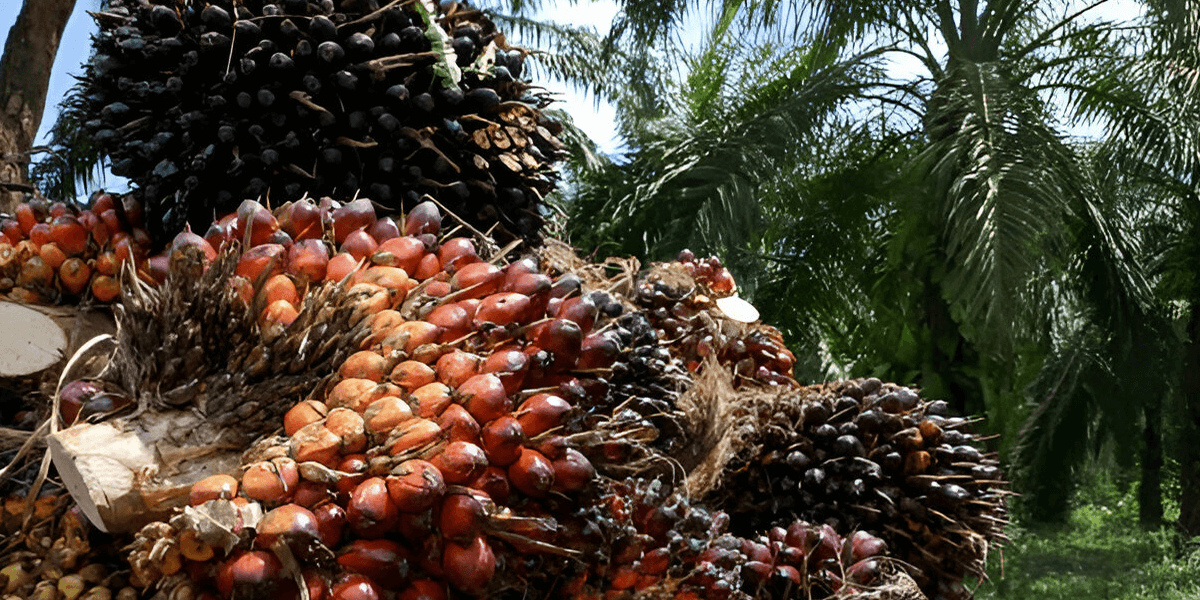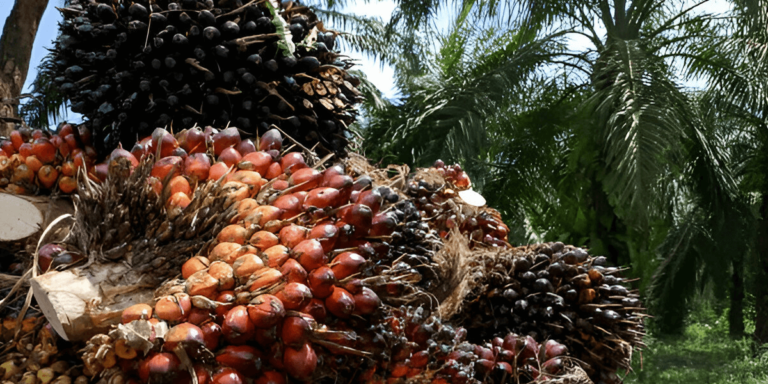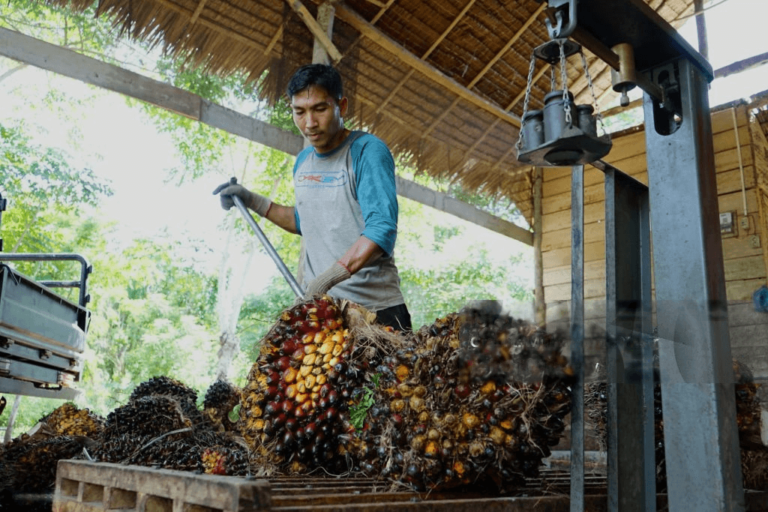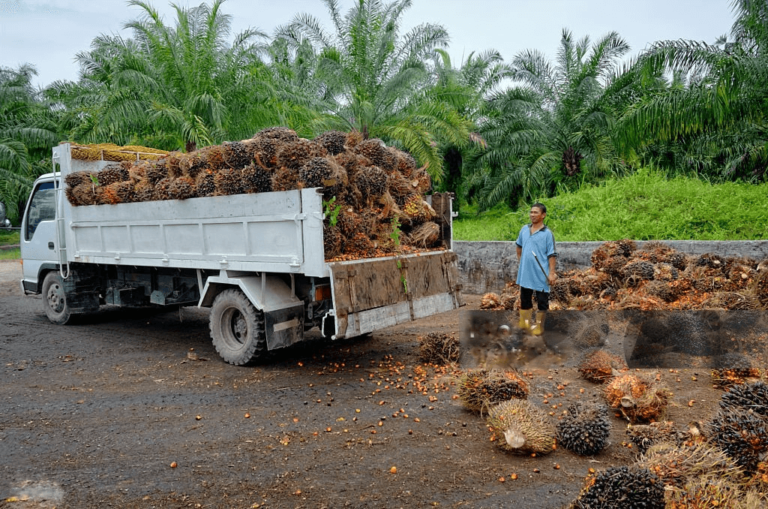Understanding the Role of Palm Oil in Global Food Supply Chains
Palm oil is one of the most widely used vegetable oils in the world. Found in countless products, from snacks to cosmetics, palm oil plays a crucial role in global food supply chains. But why is palm oil so prevalent, and what does its presence mean for food security and sustainability? In this blog, we’ll explore the importance of palm oil, its uses, and the challenges and responsibilities associated with its production.
The Ubiquity of Palm Oil
If you check the ingredients list on many packaged foods, you’ll likely see palm oil listed. This oil is incredibly versatile, found in items like margarine, chocolate, and instant noodles. It’s also present in non-food items such as soaps, shampoos, and even cleaning products. But why is palm oil so common?
Palm oil is favored for several reasons. It’s relatively cheap to produce compared to other vegetable oils. The oil palm tree, from which palm oil is derived, has a high yield, meaning it produces more oil per hectare than other crops. Additionally, palm oil has a long shelf life and a stable structure, making it suitable for various applications in food production.
The Role of Palm Oil in Food Security
Given its widespread use, palm oil is a key component of global food security. Its affordability makes it an essential ingredient in many countries, especially in developing regions where it can be a staple food item. For many people, palm oil is a primary source of fat, which is an essential part of a balanced diet.
However, the issue isn’t just about having enough food but about sourcing it responsibly. As demand for palm oil grows, so does the pressure on the environment. The expansion of palm oil plantations often leads to deforestation, which can have severe consequences for wildlife and local communities. This brings us to an important question: How can we balance the need for palm oil with the need to protect our planet?
Responsible Sourcing and Sustainability
Responsible sourcing of palm oil is crucial for maintaining food security without compromising the environment. Many companies and organizations are working towards sourcing palm oil sustainably. This involves ensuring that the palm oil they use does not contribute to deforestation or harm local ecosystems.
One way to promote responsible sourcing is through certification schemes, such as the Roundtable on Sustainable Palm Oil (RSPO). These certifications set standards for sustainable palm oil production, helping consumers identify products that support ethical practices. But certification is just one piece of the puzzle.
The Environmental Impact of Palm Oil Production
The environmental impact of palm oil production is significant. The expansion of plantations can lead to the destruction of tropical rainforests, which are home to diverse species, including endangered animals like orangutans. Moreover, deforestation contributes to climate change by releasing large amounts of carbon dioxide into the atmosphere.
Palm oil production can also affect local communities. Indigenous peoples and rural populations may lose their land and livelihoods due to plantation expansion. It’s crucial to consider these social aspects when discussing palm oil’s role in food supply chains.
What Can Consumers Do?
As consumers, we have a role to play in supporting sustainable palm oil. One way is by choosing products that contain certified sustainable palm oil. When shopping, you might notice labels indicating that a product contains sustainably sourced palm oil. By supporting these products, we can encourage more companies to adopt responsible practices.
Another way to make a difference is by reducing our overall consumption of products containing palm oil. This doesn’t mean eliminating it entirely, as it’s present in so many everyday items. However, being mindful of our choices and opting for alternatives when possible can help reduce demand.
The Future of Palm Oil in Food Supply Chains
The future of palm oil in global food supply chains depends on our ability to address the challenges associated with its production. This means not only promoting sustainable practices but also supporting innovation in alternative sources of vegetable oils. Some companies are already exploring the use of other crops or even lab-grown oils as alternatives to palm oil.
However, any transition away from palm oil must be carefully managed. The livelihoods of millions of smallholder farmers depend on palm oil production. Abrupt changes in the industry could have serious social and economic consequences. Therefore, it’s essential to work towards solutions that are fair and inclusive for all stakeholders.
A Balanced Approach
Balancing the benefits of palm oil with the need for sustainability is no easy task. However, it’s a challenge that we must face if we want to maintain food security while protecting our planet. By supporting responsible sourcing, promoting alternative crops, and being mindful consumers, we can contribute to a more sustainable future.
As you think about the products you buy and the impact they have, consider the role of palm oil in your daily life. Whether it’s in your breakfast cereal, your favorite snack, or even your shampoo, the choices we make can collectively drive positive change in the industry.
Final Thoughts
Palm oil is a vital part of the global food supply chain, but its production comes with significant environmental and social challenges. By understanding these issues and making informed choices, we can support a more sustainable and ethical palm oil industry. So, next time you’re shopping, take a moment to consider the story behind the products you choose. It’s a small step that can make a big difference.





